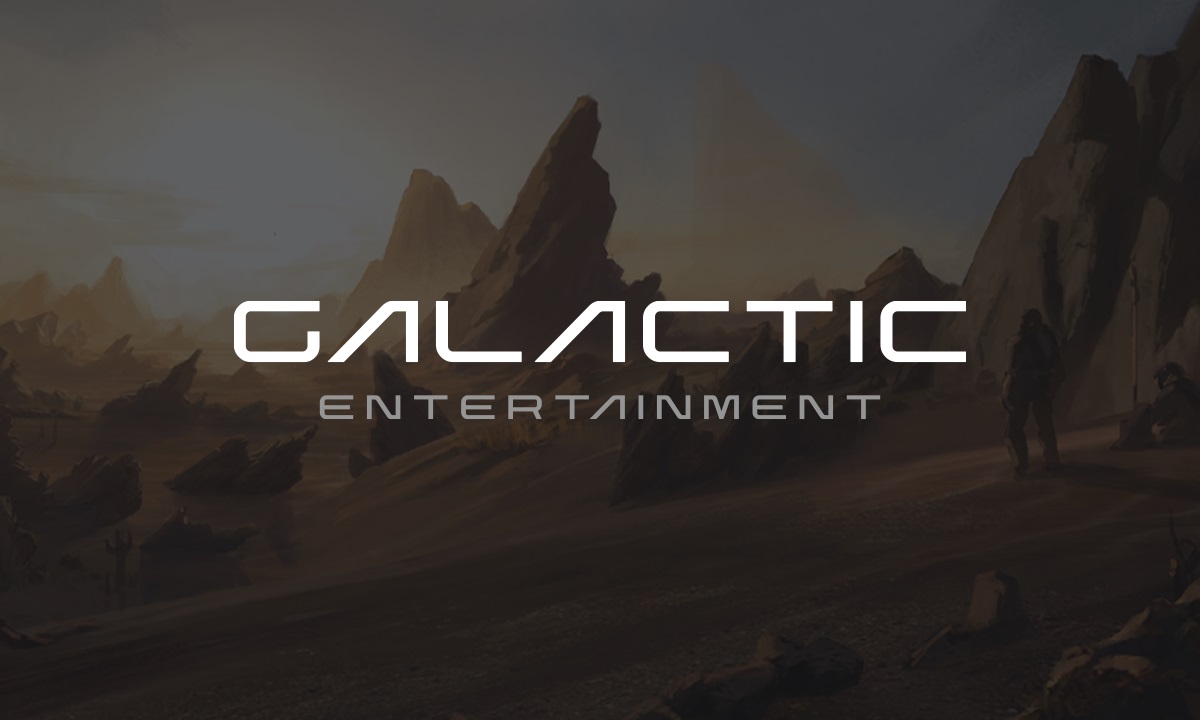Galactic Group has launched a new Web3 gaming publishing division, Galactic Entertainment Publishing.
Based in Dubai in the United Arab Emirates, the company has executives who used to work at Disney and Sony, and their charter is to back innovative triple-A games from emerging Web3 game studios.

Unlock premium content and VIP community perks with GB M A X!
Join now to enjoy our free and premium membership perks.
![]()

![]()